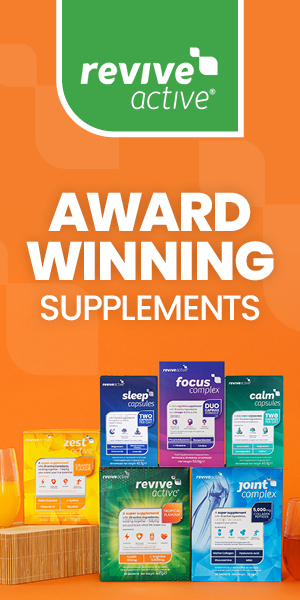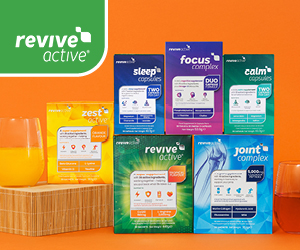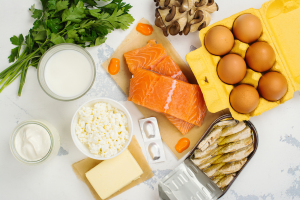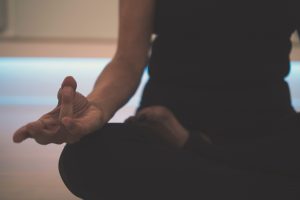Your Guide to using Essential Oils for Green Cleaning
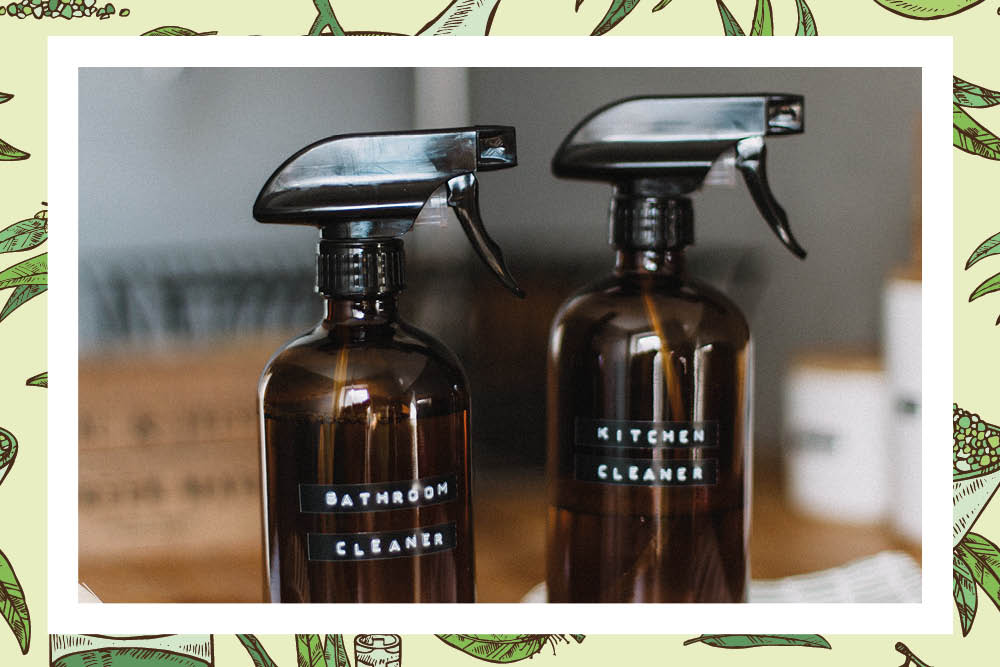
The past year has seen all of us spending a lot more time in our homes than we would ever have chosen to. As a Mum of two young children, keeping my home clean during this time has been no easy task. From grubby fingerprints and muddy shoes, to paint splashes and stains, my house never stays pristine for long.
A few years ago, I would have bleached the bathroom within an inch of its life, disinfected the kitchen and floors frequently and even the kid’s toy’s regularly. Like most, I would not have questioned the safety of cleaning products purchased in the supermarket, as so many of the most commonly used products are advertised as being used by healthy looking idealistic families, leading you to believe they are safe to use.
The truth however is that they can in fact be dangerously toxic, and with the Covid-19 virus promoting the requirement for so much more sanitation and cleanliness, most people are probably using even more of these cleaning products than before.
According to Dr Joyce Woods, the average home contains 62 chemicals – all polluting our homes and even eventually ending up in fine particles of dust that we breathe in. Not only polluting our bodies, but also our water and our environment, an EPA survey concluded that indoor air could be up to 70 times more polluted than outdoor air. By using cleaning products in our home, we end up ingesting, swallowing and absorbing tiny molecules of these products. They can be absorbed through our skin and enter our bloodstream within 26 seconds.
With cleaning products containing known carcinogens, as well as neurotoxins – which are poisonous to the brain and nervous system – even if we live healthy lifestyles, we’re still damaging our bodies in the long-term with this increased toxic load.
But using conventional cleaners that contain toxic chemicals is not the only way to keep your home looking and feeling fresh. A greener way to clean, essential oils are natural chemicals derived from plants that hold amazing cleansing properties and provide great cleaning alternatives when mixed with some other natural staples. A powerful but completely natural resource, it brings me peace of mind to know that they are just as effective, but also safer for my family and the environment.
THE LOWDOWN ON YOUR PRODUCTS
The many cleaning chemicals we purchase often have ingredient labels that are hard to fully understand. Disguised by unrecognisable trade names, umbrella terms or several different names, some nasties can be confusing and hard to identify.
Try to avoid the antibacterial and antimicrobial products, as they strip our skin of good and bad bacteria and are often full of strong chemicals. Choose fragrance free (fragrance is an umbrella term that allows manufacturers to add any number of ingredients to achieve a synthetic fragrance smell). Avoid cleaning products with “Poison, Danger, Caution or Warning on the label, as per the label, they’re shouting out to tell you they may be harmful!
Some of the scary chemical names are as follows: Phthalates, Perchloroethylene or PERC, Triclosan, Quarternary Ammonium, Chlorine, Sodium Hydroxide, Compounds or QUATS, Butoxyethanol and Ammonia.
CUPBOARD OVERHAUL
Turning your back on toxins? These staple products are worth stocking up on for your cleaning cupboard.
1) Pure Essential Oils – So potent that they can destroy certain microbes with the compounds they contain which can naturally kill bacteria, germs, fungus, mould and viruses – while citrus oils also break down grease and grime
Disinfecting Essential Oils Include: Lemon, Eucalyptus, Melaleuca (tea tree), Thyme, Peppermint, Lime, Cinnamon, Oregano, Eucalyptus, Clove
Deodorising Essential Oils Include: Peppermint, Clary sage, Melaleuca (tea tree) Lavender, Geranium, Grapefruit
2) White Vinegar – Kills germs, cuts grease, deodorizes and dissolves mineral deposits
3) Castile Soap – A vegetable-based soap sold in liquid or bar form (I like Dr Bonners)
4) Bicarbonate of Soda – A mild abrasive that absorbs odours, and is great for scrubbing and whitening
5) A Glass Spray Bottle – As essential oils should not be used in plastic containers
6) A Diffuser – Diffusing oils with help to cleanse and purify the air in your home, as well as kill airborne pathogens
GREEN CLEANING RECIPES TO TRY
Natural Hand Sanitiser: In a 30ml spray bottle add 25 drops of your chosen disinfecting essential oils listed above, fill ¾ of the rest of the bottle with alcohol (ethyl or isopropyl) then top up the rest with fractionated coconut oil – Shake and spray, natural and non-drying
Dishwashing Soap: Fill a glass bottle with 500ml of castile soap and add 20 drops of Lemon essential oil and 7 drops of Lavender essential oil – Mix and use
Surface Cleaner: Mix 5-6 drops of Lemon essential oil with equal parts of distilled water and vinegar in a 16 oz spray bottle and use to clean kitchen worktops / stainless steel appliances (Lemon is also particularly great for sticky residue or caked on grease)
Disinfecting Spray: In a litre spray bottle add 50% white vinegar 50% distilled water, 15 drops of essential oil (I use Onguard, doTERRA’s protective blend that contains a powerhouse of oils, clove, eucalyptus, wild orange, rosemary and cinnamon) but you can just add 15 drops of any of the antibacterial oils that you prefer
Disinfecting Bowl Cleaner: ½ cup of bicarbonate of soda, ¼ cup of white vinegar, 10 drops of melaleuca (tea tree) essential oil – Mix ingredients to dissolve bi-carb – Add to toilet, let sit for five to fifteen minutes. Scrub with a toilet brush and flush.
Window and Glass Cleaner: 3 parts white vinegar, 1-part distilled water 5 drops of lemon oil or peppermint oil. Add ingredients to a spray bottle and shake well – Spray and wipe dry
Mould and Mildew Remover: Take 2 cups of water, 10 drops of melaleuca 5 drops of oregano and 10 drops of peppermint essential oil add ingredients to a spray bottle and shake well – Spray directly on mould or mildew do not rinse.
Furniture Polish: Add 15 drops of Arborvitae, Wild Orange or Lemon oil to 1 cup of olive oil, 1 cup of distilled vinegar to a glass spray bottle – Spray and wipe dry
Fabric Softener: Take a 16oz bottle add 16 oz of white vinegar, 5 drops of lemon, grapefruit and lime essential oil. Add ¼ cup to your washing machine as you would with normal fabric conditioner. (use antibacterial oils if you want a deeper clean for your clothes)
Bedding: Prolong the life and freshness of your mattress, reduce bed bugs and germs lying beneath your sheets: Add 10 drops of melaleuca, 10 drops of peppermint top up with distilled water in a spray bottle – spray on and allow to air dry
Carpet Freshener: Add bicarbonate of soda to a jam jar and adding 20 drops of your chosen deodorising or antibacterial essential oil, take a piece of foil and using an elastic band cover the opening, piercing some holes with a fork – Sprinkle over your carpets, leave for 20 minutes then vacuum away




